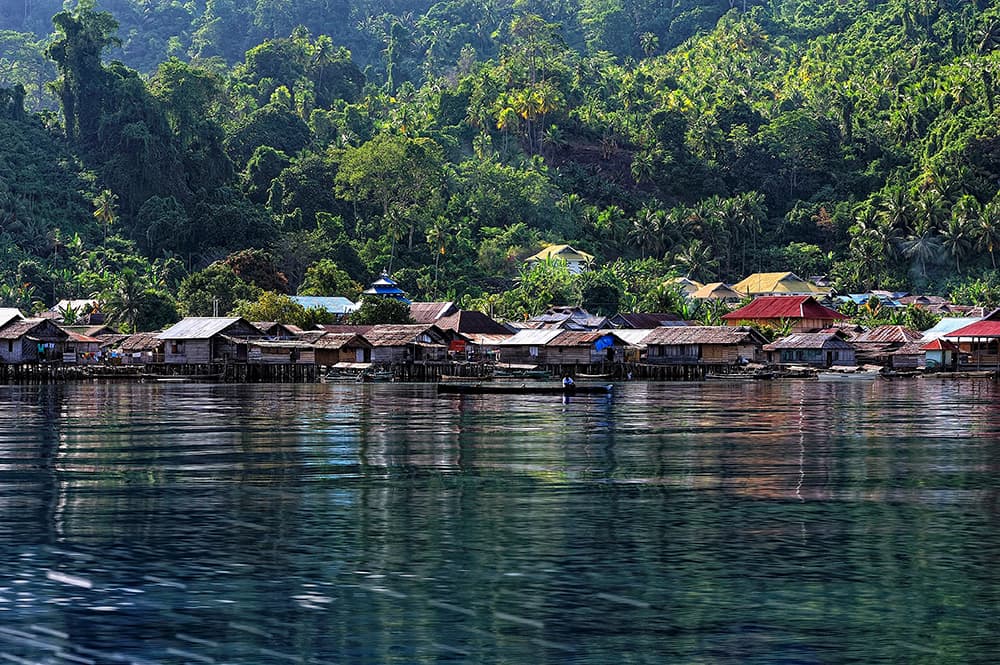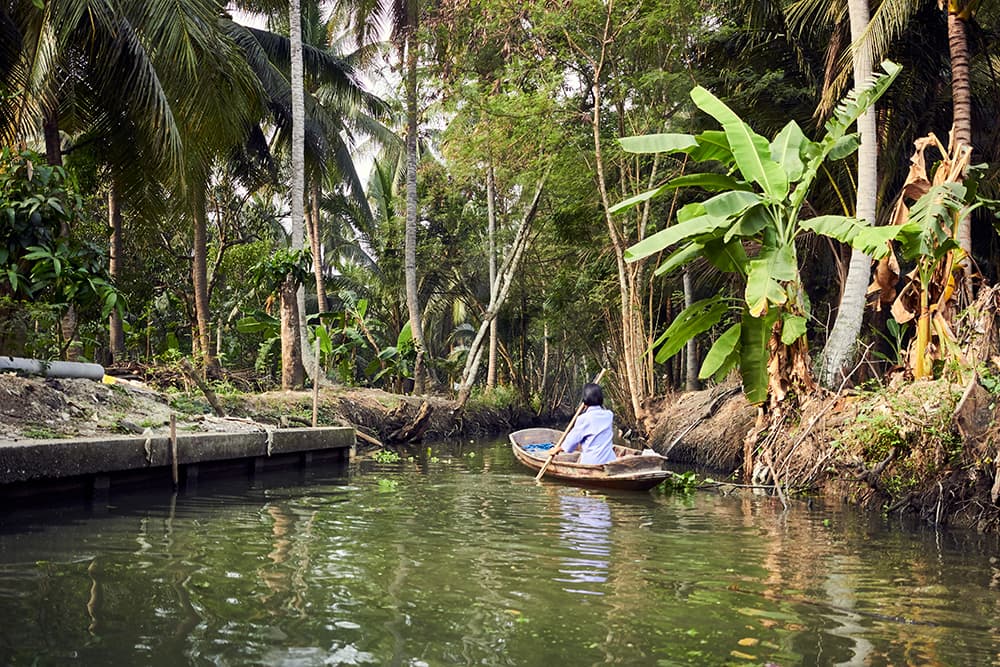
NRI is leading a new research project funded by the British Academy to explore how evidence can more effectively inform policymaking in Indonesia’s Social Forestry Initiative (SFI).
The one-year project, titled ‘Contextualising the Dynamics of Evidence-Informed Policymaking in Social Forestry’, is led by Dr Truly Santika, Associate Professor in Environmental Geography at NRI. It aims to explore the institutional structures, political dynamics, and regional inequalities that shape evidence use in the SFI.
The SFI has been a cornerstone of the country’s climate strategy for over a decade, aiming to reduce greenhouse gas emissions while improving livelihoods by granting land tenure rights to local communities. Yet the implementation and results vary across the country’s diverse regions, where political, institutional, and environmental contexts differ widely.
‘Turning evidence into actionable policy in such complex settings is a real challenge,” says Dr Santika. ’Through this project, we aim to co-create a practical, context-sensitive framework for embedding evidence into policy decisions, one that supports both socio-ecological goals and community resilience.’
The research will be conducted in collaboration with Indonesia’s Forest and Society Research Group (FSRG) of the University of Hasanuddin, a group with a strong track record in land governance, sustainable livelihoods, and gender and youth studies in Indonesia. Other academic partners in Indonesia include the University of Mulawarman in Kalimantan, the University of Pattimura in Maluku, and the University of Papua.
Professor Muhammad Alif Sahide, Head of FSRG and project co-lead, explained: ‘This project will deepen our understanding of how evidence can shape and sustain effective policymaking. By applying systems thinking, we’ll explore how evidence is generated, integrated, and contested within policies that operate across multiple levels, pursue dual goals, and span diverse local contexts.’

Dr Nurhady Sirimorok, a Human Ecology researcher at FSRG, added: ‘Using SFI as our lens, we aim to generate insights not only valuable to Indonesia but also transferable to other complex policy environments in other countries.’
The project will roll out through two integrated phases. Phase one will involve a synthesis of existing literature, policy documents, and databases to map current evidence flows in the SFI. Phase two will focus on qualitative field research in six selected sites across Kalimantan, Sulawesi, and Maluku, chosen for their diverse communities, distinct socio-ecological contexts, and the complex land-use and governance challenges.
Dr Indika Thushari, Environmental Scientist at NRI, explained: ‘By analysing field data from different regions of Indonesia, we aim to uncover the social and institutional pressures affecting development and policymaking. Our goal is to distil lessons learned and provide practical, evidence-based recommendations to strengthen social forestry programs and unlock new pathways for sustainable land use and community empowerment.’
This project reflects NRI’s ongoing commitment to advancing evidence-based policy and sustainable development in partnership with local and regional stakeholders around the world. ‘Insights from this work seek to advance a broader aim to make evidence-based governance not just a principle, but a practical reality in the face of complexity’, Dr Santika noted.

